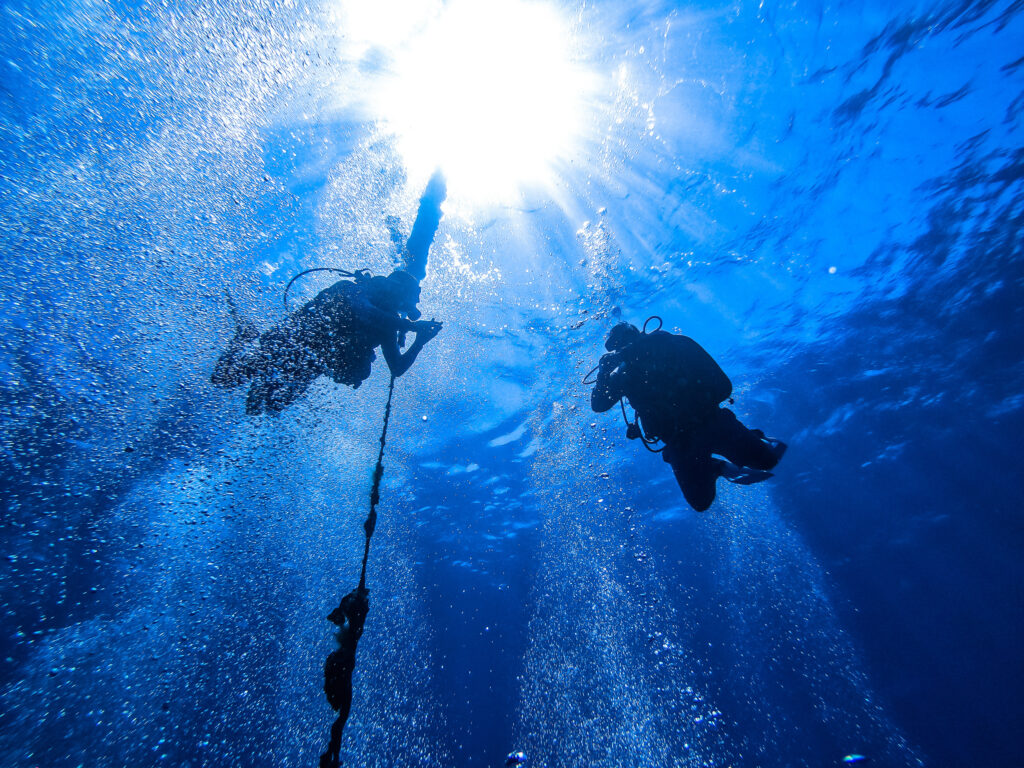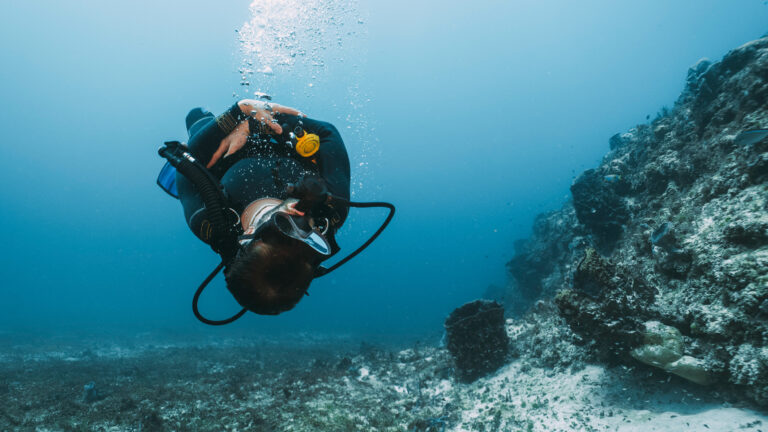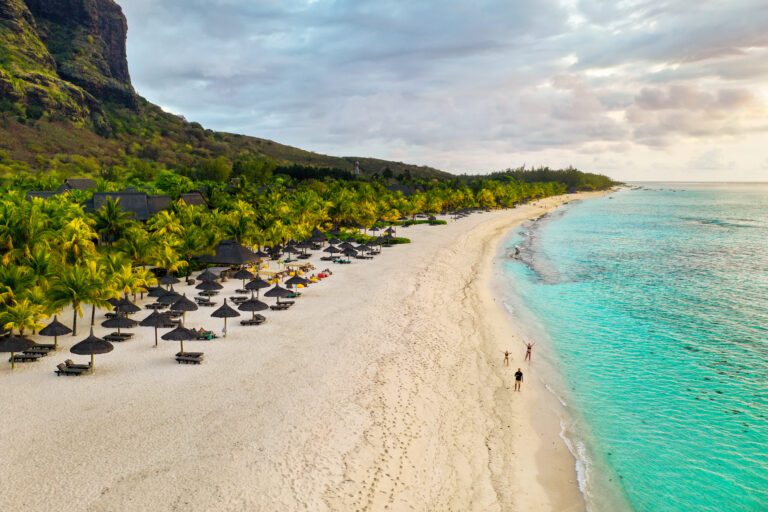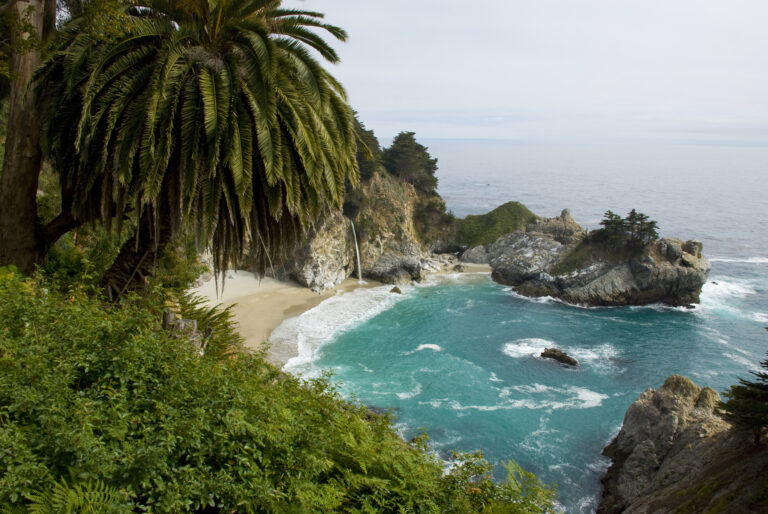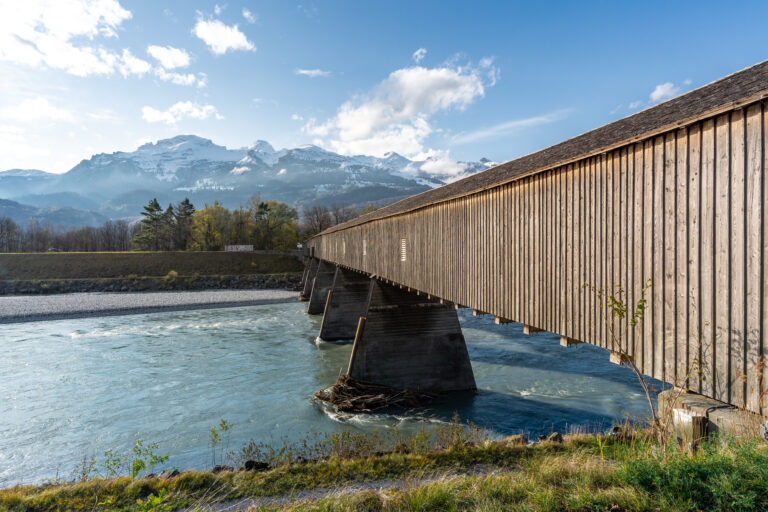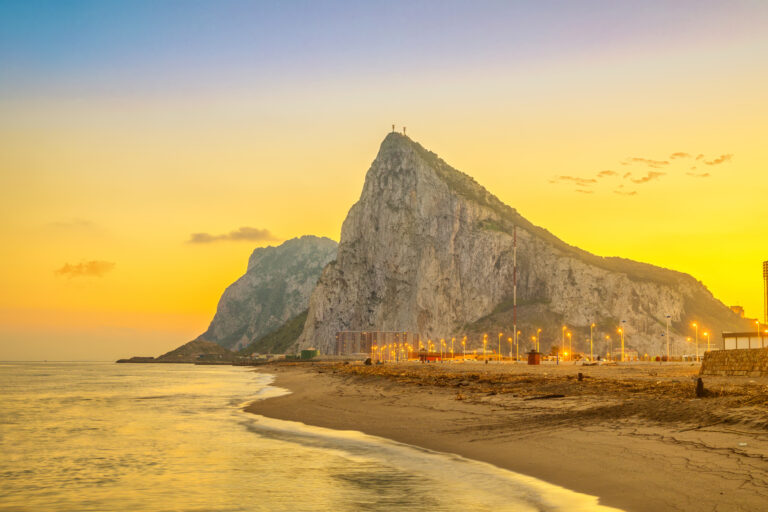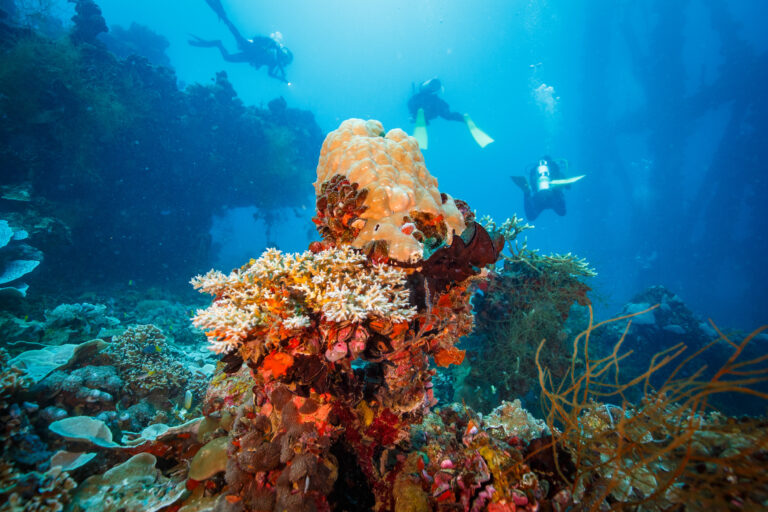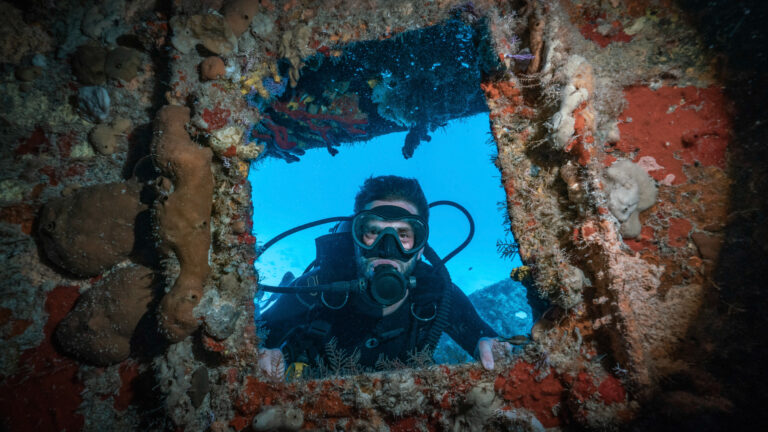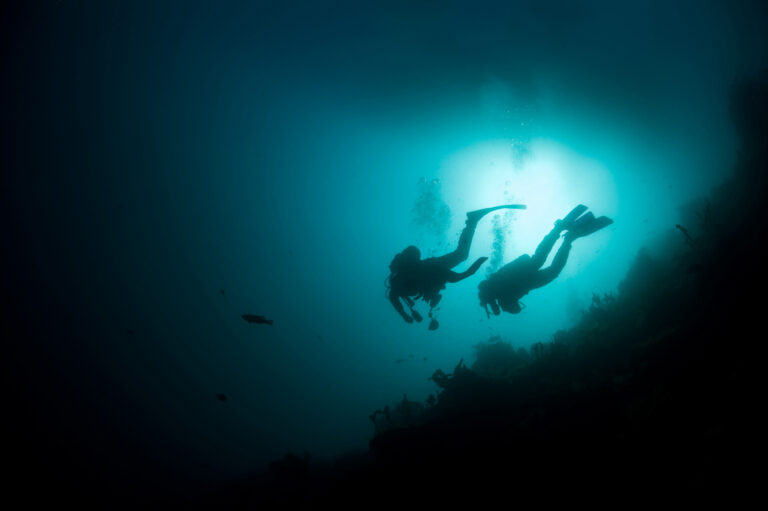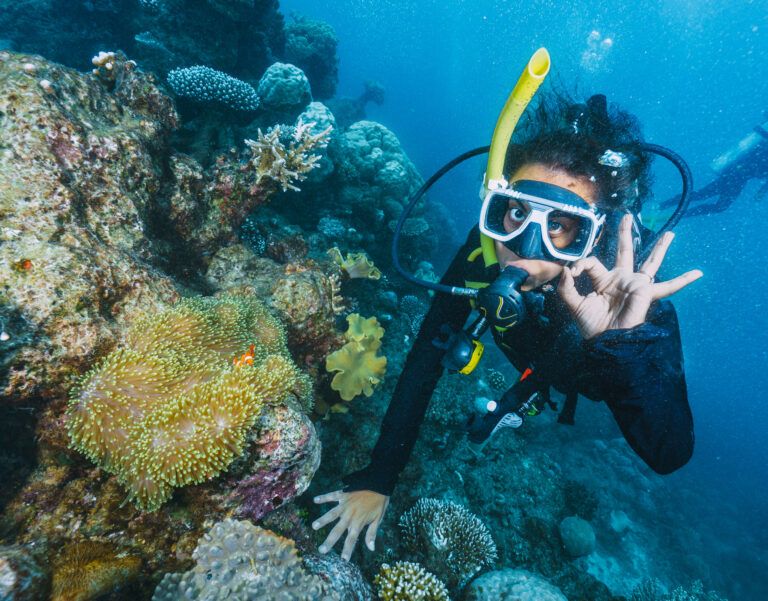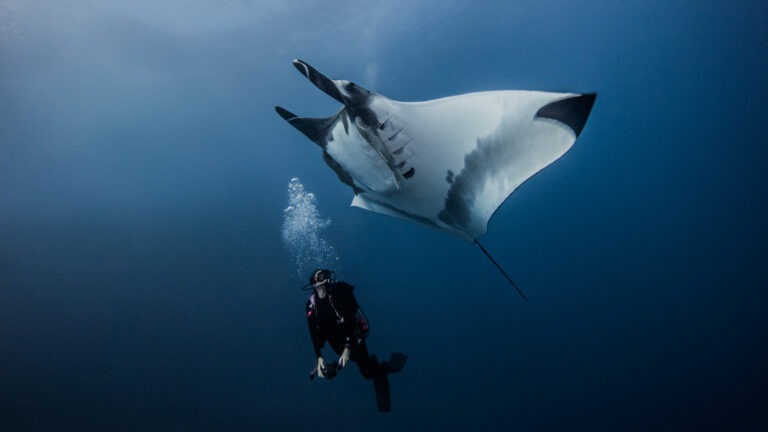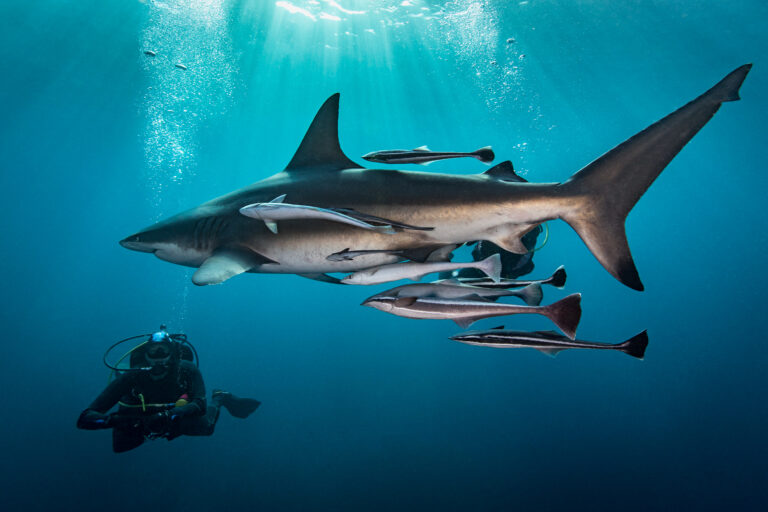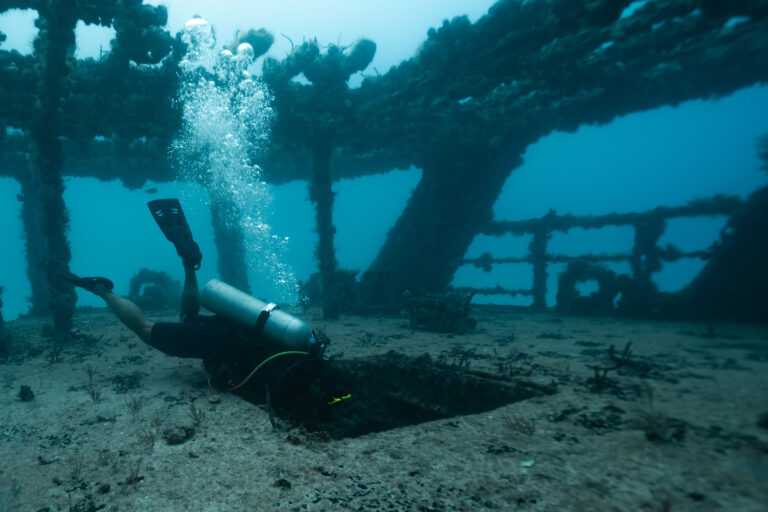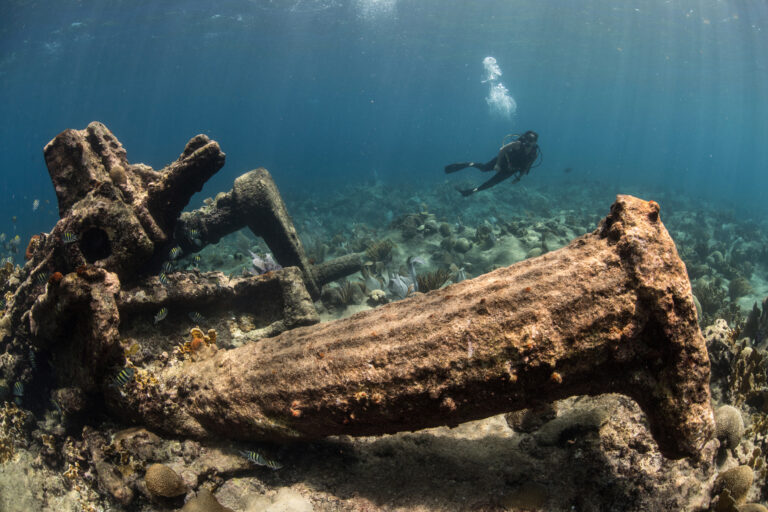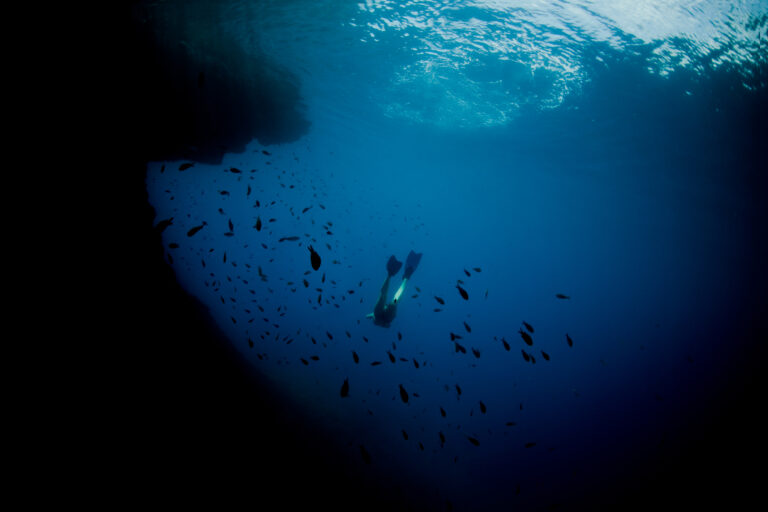SCUBA DIVERS’ TRAVEL GUIDE TO Ireland
If you’re looking for a scuba diving adventure that will take you to the edge of the wild Atlantic, Ireland is the place for you. This island nation offers a variety of diving experiences, from dramatic drop-offs and colorful walls to historic wrecks and abundant marine life. You’ll be amazed by the diversity and beauty of Ireland’s underwater world, where you can encounter seals, dolphins, basking sharks, lobsters, anemones, sponges, and more. Whether you’re a beginner or a pro, you’ll find a dive site that suits your level and interests. You can explore the rugged coastlines of the Wild Atlantic Way, the scenic bays and islands of the south and east, or the rich waters of the Irish Sea. No matter where you go, you’ll be welcomed by friendly locals and dive operators who will share their passion and knowledge with you. Ireland is a scuba diving destination that will surprise and delight you with its charm and character.
LOCATION AND GEOGRAPHY
Ireland, an island nation located at the westernmost edge of Europe, offers a unique and rugged underwater landscape for scuba diving enthusiasts. The Irish coastline, stretching over 3,000 kilometers, is washed by the cool waters of the Atlantic Ocean and is dotted with numerous bays, inlets, and sea cliffs, providing a diverse range of diving experiences. From the serene waters of the east coast, with its sandy seabeds and historic shipwrecks, to the wild and rocky shores of the west coast, where divers can explore underwater kelp forests and encounter a rich marine life, Ireland’s geography presents a plethora of opportunities for underwater adventure. The visibility in Irish waters can vary greatly, but on a good day, divers may enjoy clear views of the fascinating marine ecosystem. Additionally, the island’s numerous lakes and rivers offer freshwater diving experiences, with submerged ruins and caves waiting to be discovered. Ireland’s position on the edge of the European continental shelf also means that it is influenced by the warm currents of the Gulf Stream, which contribute to the surprisingly diverse marine life found in its temperate waters.
VISA AND ENTRY REQUIREMENTS
Before embarking on your underwater adventure to explore the emerald depths of Ireland, it is essential to ensure that your travel documents are in order. Citizens of the European Union (EU), European Economic Area (EEA), and Switzerland can enter Ireland without a visa and have the right to reside and work there. Travelers from the United States, Canada, Australia, and New Zealand do not require a visa for short stays up to 90 days, but must have a passport valid for at least six months beyond their intended departure date from the Schengen area. For scuba divers from other countries, it is crucial to check the latest visa requirements, as they may need to apply for a short-stay ‘C’ visa for tourism, which includes diving activities. Always verify the entry requirements with the nearest Irish embassy or consulate before your trip, as regulations can change. Additionally, ensure that you have proof of return or onward travel, sufficient funds for your stay, and details of your accommodation, as immigration officials may request this information upon arrival.
GETTING TO Ireland
Getting to Ireland for an unforgettable scuba diving adventure is a straightforward journey for travelers from around the globe. The country is well-served by two main international airports, Dublin and Shannon, which offer direct flights from many major cities in Europe and North America. For those coming from further afield, connecting flights are typically routed through these hubs. Once you land, Ireland’s compact size makes it easy to reach your diving destination. Car rentals are available at the airports, and the country’s roads are well-maintained and signposted, leading you through picturesque landscapes to coastal dive spots. Alternatively, for those who prefer not to drive, there are bus and train services that connect to major towns and regions known for their diving attractions. Ferries also operate from the UK and France for travelers who wish to bring their own vehicles or simply enjoy a sea journey en route to their underwater exploration. Whether you’re arriving by air, land, or sea, Ireland’s welcoming charm begins the moment you embark on your journey to its emerald waters.
BEST TIME TO DIVE
The Emerald Isle, with its rugged coastlines and captivating underwater landscapes, offers a unique scuba diving experience that is markedly different from tropical destinations. The best time to scuba dive in Ireland is typically between May and September when the water temperatures are slightly warmer, ranging from 10°C to 15°C, and the visibility can extend up to 20 meters on a good day. During this period, the longer daylight hours and generally calmer sea conditions make for more comfortable and accessible dives. Divers can explore a variety of sites, from colorful anemone-covered walls to historic wrecks that have become artificial reefs teeming with marine life. While diving outside this window is possible, it often requires a higher level of experience and comfort with colder temperatures and potentially challenging sea conditions. Regardless of the season, a dry suit and proper thermal protection are highly recommended for diving in Ireland’s cool waters.
ACCOMMODATION OPTIONS
Accommodation options for scuba divers in Ireland cater to a range of preferences, ensuring a comfortable stay after a day exploring the underwater marvels. Whether you’re looking to bunk down in a cozy coastal guesthouse, a traditional Irish bed and breakfast, or a luxurious seafront hotel, Ireland’s dive spots are flanked by a variety of lodgings. Self-catering cottages and holiday homes offer the freedom to set your own schedule, ideal for those early morning dives, while hostels provide budget-friendly, sociable environments where divers can share tales of their aquatic adventures. For a truly immersive experience, some dive centers in Ireland also offer on-site accommodation, ranging from basic dormitory-style rooms to more private en-suite options, allowing divers to stay right at the heart of the action. No matter where you choose to stay, you’ll find Irish hospitality as warm as a post-dive hot chocolate, and as inviting as the emerald seas.
DIVE OPERATORS AND DIVE SHOPS
In the emerald waters surrounding Ireland, dive operators and dive shops serve as gateways to an underwater realm rich with marine life, historic wrecks, and intriguing underwater landscapes. From the rugged coasts of Donegal to the serene bays of Cork, Ireland’s dive shops are staffed by passionate professionals who prioritize safety and environmental stewardship. These local experts offer a range of services, including PADI and BSAC certification courses, gear rental, and guided dives tailored to all experience levels. Many shops also arrange dive trips to renowned sites like the wrecks of Malin Head, the Skelligs’ vibrant walls, and the clear waters of the Atlantic Way, ensuring divers encounter the full spectrum of Ireland’s aquatic treasures. With their intimate knowledge of the local conditions and marine life, Irish dive operators are your indispensable allies in exploring the underwater magic of this captivating country. Whether you’re a novice diver or a seasoned underwater adventurer, the dive shops of Ireland are ready to help you plunge into the adventure of a lifetime.
TRANSPORTATION WITHIN Ireland
Transportation within Ireland is convenient and varied, offering scuba divers easy access to the island’s numerous dive sites. For those looking to explore Ireland’s rugged coastline and underwater treasures, renting a car is often the most flexible option, allowing for the transport of gear and the freedom to visit remote locations at your own pace. Ireland’s roads are well-maintained, and scenic drives along the Wild Atlantic Way provide breathtaking views en route to dive spots. For those who prefer not to drive, Ireland’s network of trains and buses connects major towns and cities, with local services often available to reach coastal areas. In more remote regions, however, public transport can be less frequent, so planning ahead is essential. Additionally, some dive operators offer shuttle services from nearby accommodations to dive sites, ensuring divers can reach their underwater destinations without the need for personal transport. Always remember to check schedules in advance, especially during the off-peak season, when services may be reduced.
CURRENCY AND PAYMENT METHODS
When traveling to Ireland for a scuba diving adventure, it’s important to note that the currency used is the Euro (€) in the Republic of Ireland, while Northern Ireland, being part of the United Kingdom, uses the British Pound Sterling (£). Credit and debit cards are widely accepted throughout the country, and you’ll find ATMs in most urban areas as well as in smaller towns. However, when visiting more remote dive sites or smaller, family-run dive shops, it’s advisable to carry some cash as card facilities may not always be available. Contactless payments are also common in many establishments. It’s a good idea to inform your bank of your travel plans to avoid any issues with card transactions. Additionally, while tipping is not mandatory, it is customary to round up or leave a 10-15% gratuity for good service in restaurants and for dive guides and boat crews, which can be done in cash or added to your card payment.
LANGUAGE AND COMMUNICATION
When diving in Ireland, communication both above and below the water is predominantly conducted in English, which is the primary language of the country. However, in certain regions, particularly along the western coast, you may encounter Irish (Gaelic), which is the country’s first official language and is still spoken in Gaeltacht areas. While knowledge of Irish is not necessary for diving activities, a few words in the native tongue can endear you to local communities. Underwater, divers use the standard hand signals recognized internationally to convey messages such as air supply, distress, and directional cues. Dive briefings are typically thorough, with guides explaining the specifics of the dive site, safety procedures, and the marine life you might encounter. It’s important to pay close attention to these briefings and ask questions if anything is unclear, as the waters around Ireland can be challenging with strong currents and variable visibility. Dive centers and liveaboards are well-equipped to cater to an international clientele, so language barriers are minimal, ensuring a smooth and enjoyable diving experience in the rich waters of Ireland.
LOCAL CULTURE AND ATTRACTIONS
Ireland, affectionately known as the Emerald Isle, offers a rich tapestry of cultural experiences and attractions that perfectly complement the underwater adventures awaiting scuba divers. Beyond the allure of its chilly, yet enchanting Atlantic waters, Ireland’s rugged coastline is dotted with quaint villages where traditional music spills out of cozy pubs, and ancient castles stand as silent sentinels of a storied past. Divers can immerse themselves in the local culture by engaging with the warm, hospitable locals, sampling hearty Irish cuisine, and perhaps even partaking in a spirited ceilidh. On days spent on land, one can explore the mystical beauty of the Irish landscape, from the rolling green hills of the countryside to the dramatic cliffs that plunge into the sea. Historical sites like the prehistoric Newgrange or the medieval Cliffs of Moher offer awe-inspiring glimpses into Ireland’s rich heritage. Whether it’s the call of the wild Atlantic Way or the charm of a fireside story, Ireland’s cultural and natural attractions create an unforgettable backdrop for any scuba diving trip.
CULTURAL ETIQUETTE AND TIPS
When scuba diving in Ireland, it’s important to embrace the local customs and etiquette to ensure a respectful and enriching experience. The Irish are known for their warm hospitality and friendly demeanor, so a polite and engaging attitude will go a long way. Always ask for permission before entering private land to access dive sites, as many are adjacent to or on private property. It’s customary to engage in a bit of friendly banter with locals, who may offer invaluable advice on the best dive spots or conditions. Be mindful of the environment; the Irish take great pride in their natural heritage, so ensure you follow ‘Leave No Trace’ principles, preserving the underwater landscapes for future divers. After your dive, it’s not uncommon to find yourself in a local pub; joining in for a pint of Guinness and sharing stories is a great way to connect with the community. Remember to thank your dive operators and guides with genuine appreciation, as personal connections are highly valued in Irish culture.
LOCAL LAWS AND REGULATIONS RELEVANT TO TOURISTS
When planning a scuba diving trip to Ireland, it is essential to acquaint yourself with local laws and regulations to ensure a safe and lawful experience. Ireland requires that all divers hold a valid certification from a recognized diving organization. Diving within the many marine protected areas (MPAs) of Ireland is permitted, but divers must adhere to specific guidelines that aim to conserve the underwater environment. It is illegal to interfere with any historical artifacts or wrecks, which are protected under the National Monuments Acts. Divers should be aware that some wrecks are considered war graves and are off-limits for diving activities. Additionally, the Irish Coast Guard should be informed of dive plans, especially when diving in remote locations or when boat diving. Always check for local bylaws that may apply to specific regions, as some areas may have unique restrictions or require permits. Lastly, ensure that you carry adequate insurance that covers scuba diving, as this is a prerequisite for many dive operators within the country.
SAFETY TIPS AND EMERGENCY CONTACTS
When diving in Ireland’s captivating underwater landscapes, safety must be your paramount concern due to the country’s often unpredictable weather and cold water temperatures. Always dive within your certification limits and ensure that you’re well-equipped with a suitable wetsuit or drysuit, a dive computer, and a surface marker buoy. Familiarize yourself with local dive conditions, such as visibility, currents, and tides by consulting with dive centers and experienced local divers. It’s crucial to never dive alone; use the buddy system and maintain clear communication and emergency procedures with your partner. Keep the emergency contact numbers for the Irish Coast Guard (dial 112 or 999) readily accessible, and know the location of the nearest hyperbaric chamber, which is essential in the event of decompression sickness. Additionally, consider enrolling in a dive insurance plan that covers hyperbaric treatment and emergency transportation. Remember, thorough pre-dive planning, adherence to safety protocols, and awareness of emergency contacts are the keys to a safe and enjoyable underwater adventure in Ireland’s rich aquatic environment.
HEALTH AND TRAVEL INSURANCE
Before embarking on your underwater adventure in Ireland’s emerald seas, it is crucial to secure comprehensive health and travel insurance that covers scuba diving activities. The unpredictable Irish weather and cold Atlantic waters can pose unique challenges, even to the most experienced divers, making it essential to have a policy that includes coverage for hyperbaric treatment in the unlikely event of decompression sickness. Additionally, ensure that your insurance covers emergency medical evacuation and repatriation, as some of the best dive sites may be located in remote areas, far from major hospitals. Verify that your policy is valid for the duration of your stay and that it covers the depths to which you plan to dive, as some insurance providers set limits on recreational diving depths. Always carry proof of your insurance and emergency contact information with you. By taking these precautions, you can dive into Ireland’s underwater treasures with peace of mind, knowing that you are well-protected against unforeseen circumstances.

